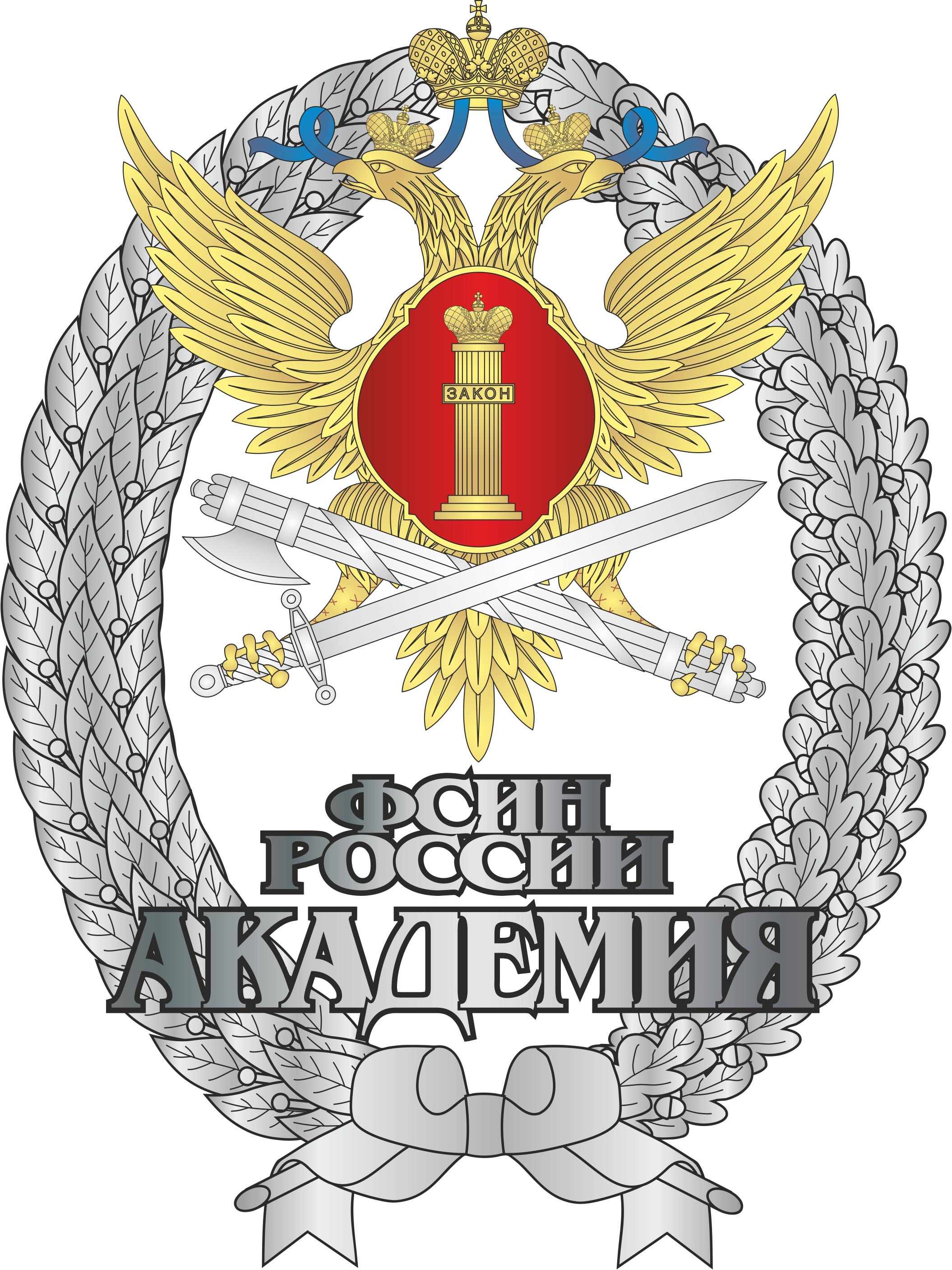Russian Federation
UDC 159.9
UDC 343.8
The article outlines the main scientific approaches to the correction of convicts in the works of domestic and foreign scientists. The results of solving two research problems are presented. In accordance with the first of them, the analysis of various interpretations of the concept of “correction” in relation to a convicted person for a committed crime, existing within the framework of philosophical, legal, pedagogical and medical approaches, is given. Approaches to the correction of convicts are considered in the development of the views of representatives of these sciences, their distinctive features are shown in the interpretation of factors, causes and conditions affecting the formation and development of qualities and personality traits of the convicted person, which prevent them from committing new crimes. In the course of solving the second task, a characteristic of the psychological approach to the correction of the convict is given. In this regard, the possibilities of using methods of psychoanalysis, behaviorist and humanistic approaches, transactional analysis and gestalt therapy in psychological work on the correction of convicts are analyzed.
convicts, correction of convicts, scientific approaches to correction of convicts, psychological approach to correction of convicts, psychoanalysis, behaviorism, humanistic psychology, gestalt therapy, transactional analysis
1. Cimbaeva, N. I. (comp.) 1991, Solov'ev V. S. The Meaning of love: selected works, Contemporary, Moscow.
2. Mal'cev, V. V. 2007, Punishment and the problems of its appointment in criminal law: monograph, Volgograd. EDN: https://elibrary.ru/QBTIRX
3. Bytko, S. Ju. 2016, ‘On the issue of the possibility of correcting convicts’, Bulletin of the Volga Institute of Management, iss. 1(52), pp. 68–73. EDN: https://elibrary.ru/VNVKXB
4. Shubin, V. Ju. 2020, ‘Characteristics of convict correction as a reflection of modern criminal policy’, Current research, iss. 23-1(26), pp. 129–132.
5. Mickevich, A. F. 2005, Criminal punishment: the concept, goals and mechanisms of action, Law Center Press, St. Petersburg.
6. Nepomnjashhaja, T. V. & Stepashin, V. M. 2012, Problems of sentencing, Forum, Moscow. EDN: https://elibrary.ru/QSGZEF
7. Health as a socio-philosophical problem: a course of lectures. 2003, Ufa.
8. Chebotareva, E. Ju. (ed.) 2000, Reber A. A large explanatory psychological dictionary, vol. 2, Moscow.
9. Shherbakov, G. V. 2023, ‘The evolution of ideas for the correction of convicts’, Applied legal psychology, iss. 3(64), pp. 15–25. DOI: https://doi.org/10.33463/2072-8336.2023.3(64).015-025; EDN: https://elibrary.ru/STQPQD
10. Sokolova, E. E. & Rodionova, T. V. 2017, Frejd Z. Introduction to psychoanalysis, ABC, St. Petersburg.
11. The main directions of psychology in classical works. Behaviorism. E. Thorndyke. Principles of learning based on psychology. John B. Watson. Psychology as a science of behavior 1998, AST-LTD, Moscow.
12. Luchkov, V. V. (ed.) 1981, Najsser U. Cognition and reality: the meaning and principles of cognitive psychology, Progress, Moscow.
13. Suharev, A. V. & Chulisova, A. P. 2013, Ethnofunctional correction of the figurative sphere of the personality of those convicted of violent crimes, Institute of Psychology of the Russian Academy of Sciences, Moscow. EDN: https://elibrary.ru/PIUCKH
14. Shamrej, V. K. & Kurpatov, V. I. 2012, Psychotherapy: textbook on psychotherapy for students of the Faculty of Postgraduate and additional education, SpecLit, St. Petersburg.
15. Glasser, W. 1984, Control theory, Harper & Row, N. Y.
16. Glasser, N. (ed.) 1989, Control Theory in the Practice of Reality Therapy, Harper & Row, N. Y.
17. Kozhevnikova, E. N., Zharkih, A. A. & Chudakova, S. N. 2018, ‘Experience of using Gestalt therapy in working with convicts, suspects, and accused’, Applied legal psychology, iss. 4(45), pp. 60–64. EDN: https://elibrary.ru/GLXWRF
18. Perlz, F. 1996, Gestalt Approach and Witness Therapy, Libris, Moscow.
19. Rodzhers, K. 1990, ‘Several important discoveries’, Bulletin of the Moscow State University, Series 14, Psychology, iss. 2, pp. 58–65.
20. Gozman, L. Ja. (ed.) 1990, Frankl V. A Man in search of meaning: Collection, Progress, Moscow.
21. Bern, Je. 1997, Games that people play. Psychology of human relationships. People who play games. Psychology of human destiny, List-New, Moscow.









